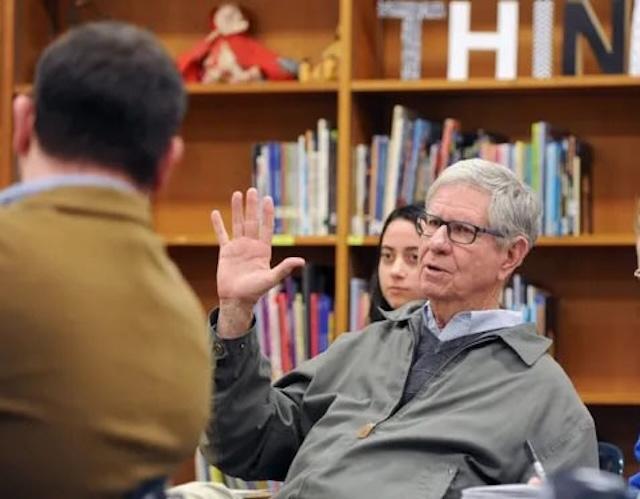Tales from the crypt: I’ll borrow the lede from the title of the 1972 suspense classic. These next four weeks’ entries come from experiences that I have had in starting programs in Tennessee.
First, a program designed to meet the needs of children who were headed for state custody: a group home. The targeted group for this home was unruly children and those who did not attend school. They were truant. No monies were available for these children, but there was money for the treatment of children who were found guilty of crimes.
A word about the juvenile court. This court is a court of record where the judges’ decisions can be overturned. As a court of record, the juvenile court is bound by the court’s ruling. In the case of In Re Gault, a case in 1967, the Supreme Court ruled that juvenile criminal defendants are entitled to Due Process protection under the Fourteenth Amendment which includes the right to a speedy trial and the right to confront the accusers.
The case: Gault was incarcerated for making obscene phone calls. He was sentenced to four years in a correctional school. Supreme Court Justice Abe Fortas discovered Gault’s unlawful imprisonment and thus, the ruling. (There have been prior judges in Knoxville and Tennessee who have violated same ruling.)
Alexis De Tocqueville opined that a society is defined by the institutions that handle the needs of children and families. These institutions came to be known as asylums. Asylums may be defined as where the bureaucracy handles human needs. Though there were folks who abused their position within that asylum bureaucracy, there were folks who dared to work to make those programs humane and effective.
So how are these institutions working in 2024? A close examination by the citizenry is desired but rarely carried out. The following human service organizations will benefit from community involvement: Public schools, criminal justice and mental health.
- Public schools: what is going on in public schools? How is discipline handled? What about differing learning styles? The school is the stage on which the issues of society are worked out. Charters and vouchers are politically hot and need to be soundly rebuked. All these will do is separate Americans even more than we are now. Caste systems are anathema to democracy.
My very wise friend, Blenza Davis, who spent decades in the fight for student survival, reminds us, “Children don’t leave their problems at home when they come to school. Reading proficiency is likely affected by sufficient food, shelter and clothing as much as any other factors.”
- Criminal justice: how do children and families become involved in this system?
- Mental health: A major problem that may affect any and all at one time.
Addressing these issues with focused, impactful and effective practice will be costly, but better to pay early rather than later. We’ve already seen the cost of delay.
Training and education are of supreme importance. Universities could benefit providers, clients and themselves by doing more interdisciplinary work. Silos benefit no one.
Bob Kronick is professor emeritus University of Tennessee. Bob welcomes your comments or questions to rkronick@utk.edu.

